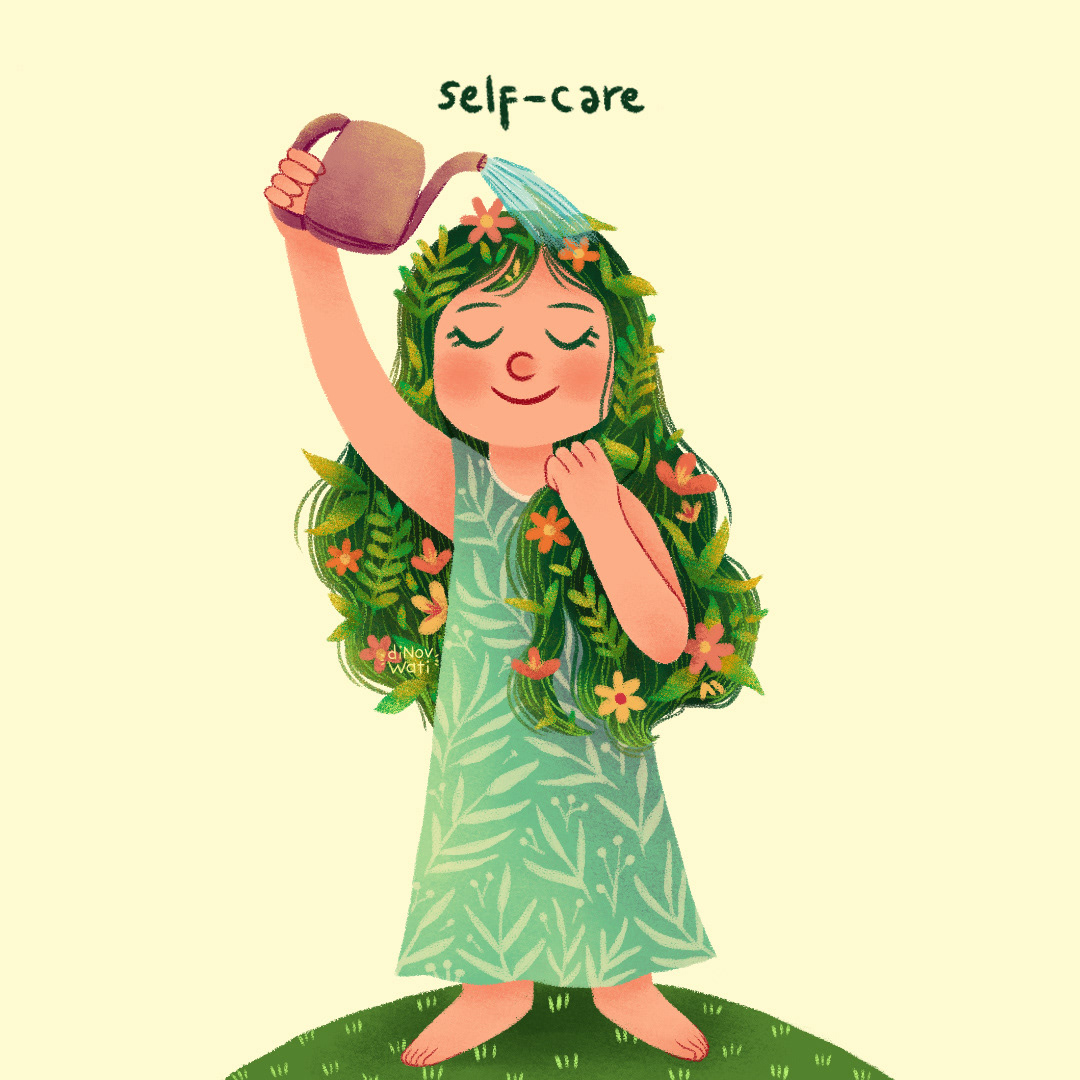Gratitude is the act of being thankful and appreciative of the people, things, and experiences in our lives. It is a powerful emotion that has been shown to have numerous benefits for our physical, mental, and emotional wellbeing. Practicing gratitude can transform one’s life in profound ways, leading to greater happiness, improved relationships, and increased resilience.
The Science behind Gratitude
The benefits of gratitude have been well documented by scientific research. Studies have found that gratitude can lead to improved physical health, including a stronger immune system, lower blood pressure, and better sleep. Grateful people also tend to have better mental health, with lower rates of depression, anxiety, and stress. Additionally, gratitude has been shown to improve relationships, increase empathy, and foster a greater sense of social connectedness.
The Benefits of Practicing Gratitude
One of the most significant benefits of practicing gratitude is improved physical health. Studies have found that grateful people tend to have lower levels of inflammation, which is linked to numerous chronic health conditions. Gratitude has also been shown to improve sleep quality, which is essential for overall health and wellbeing.
Gratitude can also enhance mental health by reducing symptoms of depression, anxiety, and stress. It can promote feelings of happiness, contentment, and optimism, which can lead to a greater sense of wellbeing. Gratitude can also help individuals become more resilient in the face of challenges, leading to greater emotional strength and adaptability.
In addition to these benefits, practicing gratitude can also improve relationships. Grateful people tend to have more positive interactions with others and experience greater feelings of social connectedness. Expressing gratitude can also strengthen romantic relationships, improve workplace dynamics, and foster a greater sense of community.
Ways to Practice Gratitude
There are numerous ways to practice gratitude, including keeping a gratitude journal, expressing gratitude to others, focusing on the present moment, and engaging in mindfulness meditation. One of the most effective ways to cultivate gratitude is by keeping a gratitude journal, where individuals write down three things they are thankful for each day. Expressing gratitude to others through handwritten notes or verbal affirmations can also be a powerful way to cultivate gratitude and improve relationships.
Focusing on the present moment and engaging in mindfulness meditation can also help individuals become more aware of the things they are grateful for. By slowing down and paying attention to the world around us, we can become more attuned to the beauty and wonder of our lives.
Obstacles to Gratitude
While gratitude can have numerous benefits, there are also obstacles that can make it challenging to cultivate. Negative emotions and experiences, societal and cultural influences, and comparison and envy can all hinder the development of gratitude. For example, individuals who have experienced trauma or hardship may struggle to feel grateful for their lives. Additionally, cultural messages that emphasize materialism and individualism can make it challenging to focus on the positive aspects of life.
Overcoming Obstacles to Gratitude
To overcome obstacles to gratitude, individuals can reframe negative experiences, cultivate self-compassion, limit exposure to negative influences, and practice generosity. Reframing negative experiences involves looking for the silver lining in difficult situations and focusing on what can be learned from challenges. Cultivating self-compassion involves treating oneself with kindness and understanding, even in the face of difficulty or failure. Limiting exposure to negative influences can involve reducing exposure to news and media that is overly negative or toxic. Finally, practicing generosity involves giving to others and focusing on the positive impact we can have on the world.
Conclusion
Practicing gratitude can transform one’s life in profound ways, leading to improved physical, mental, and emotional wellbeing. By focusing on the positive aspects of life, expressing gratitude to others, and engaging in mindfulness practices, individuals





